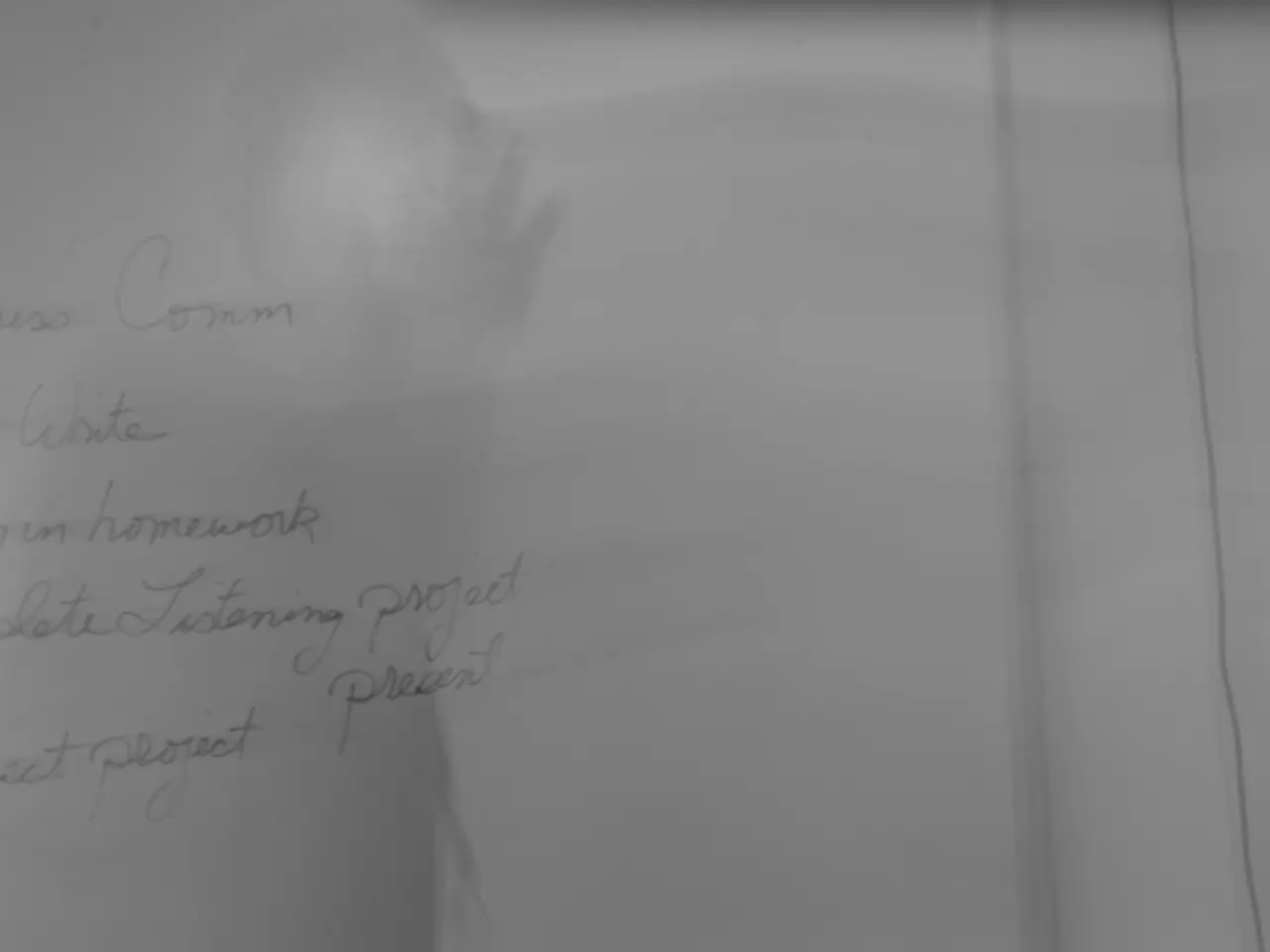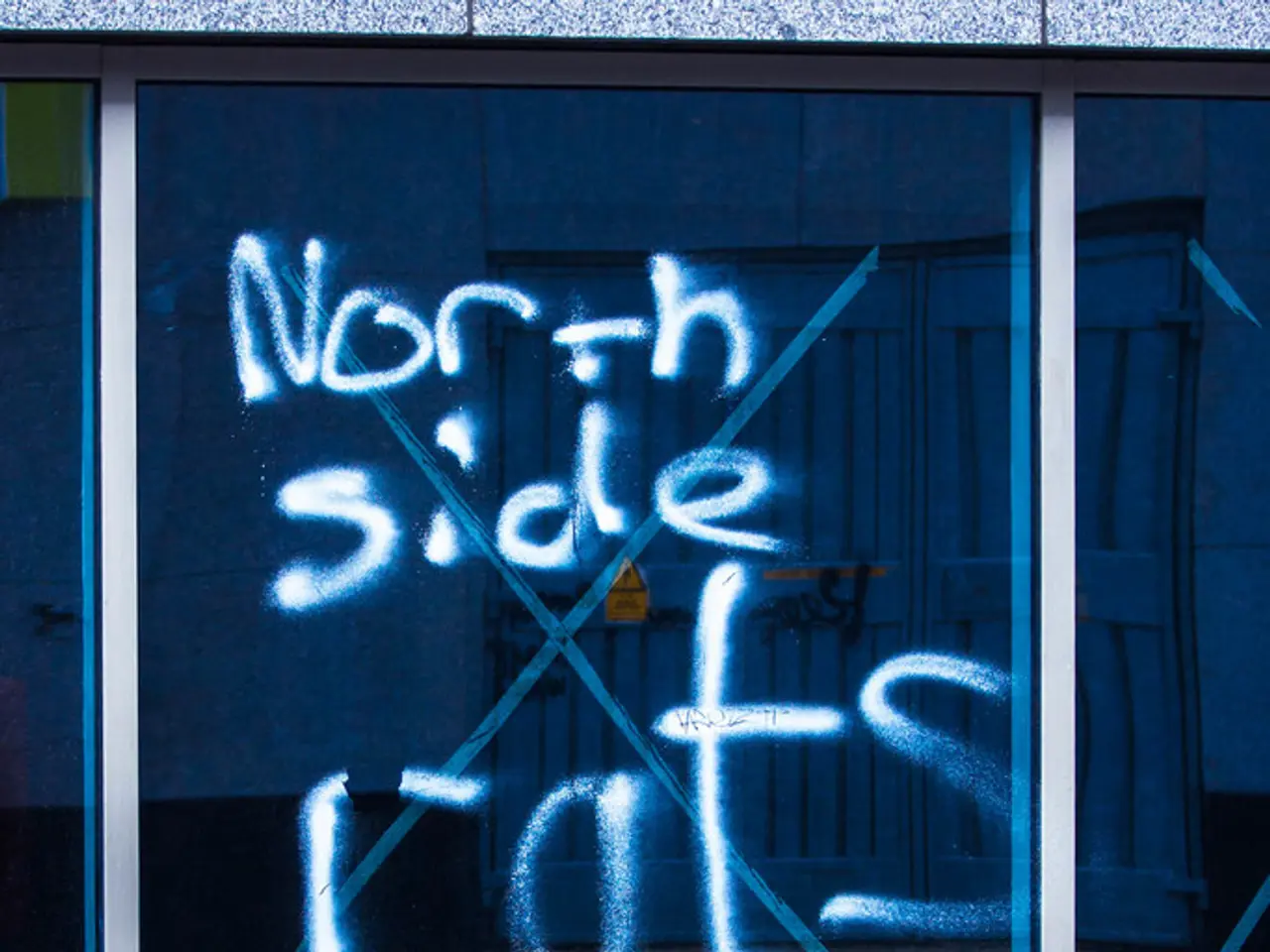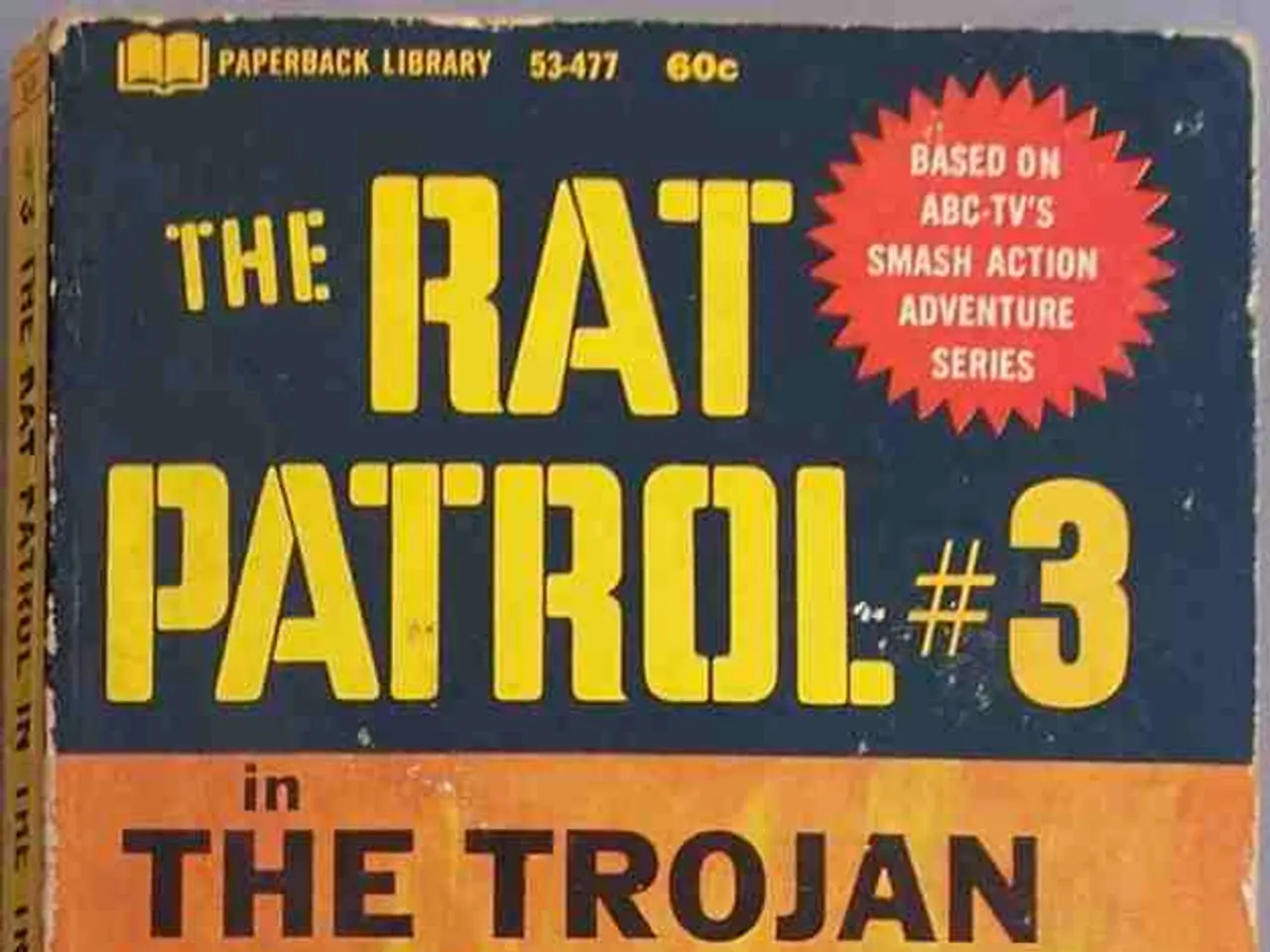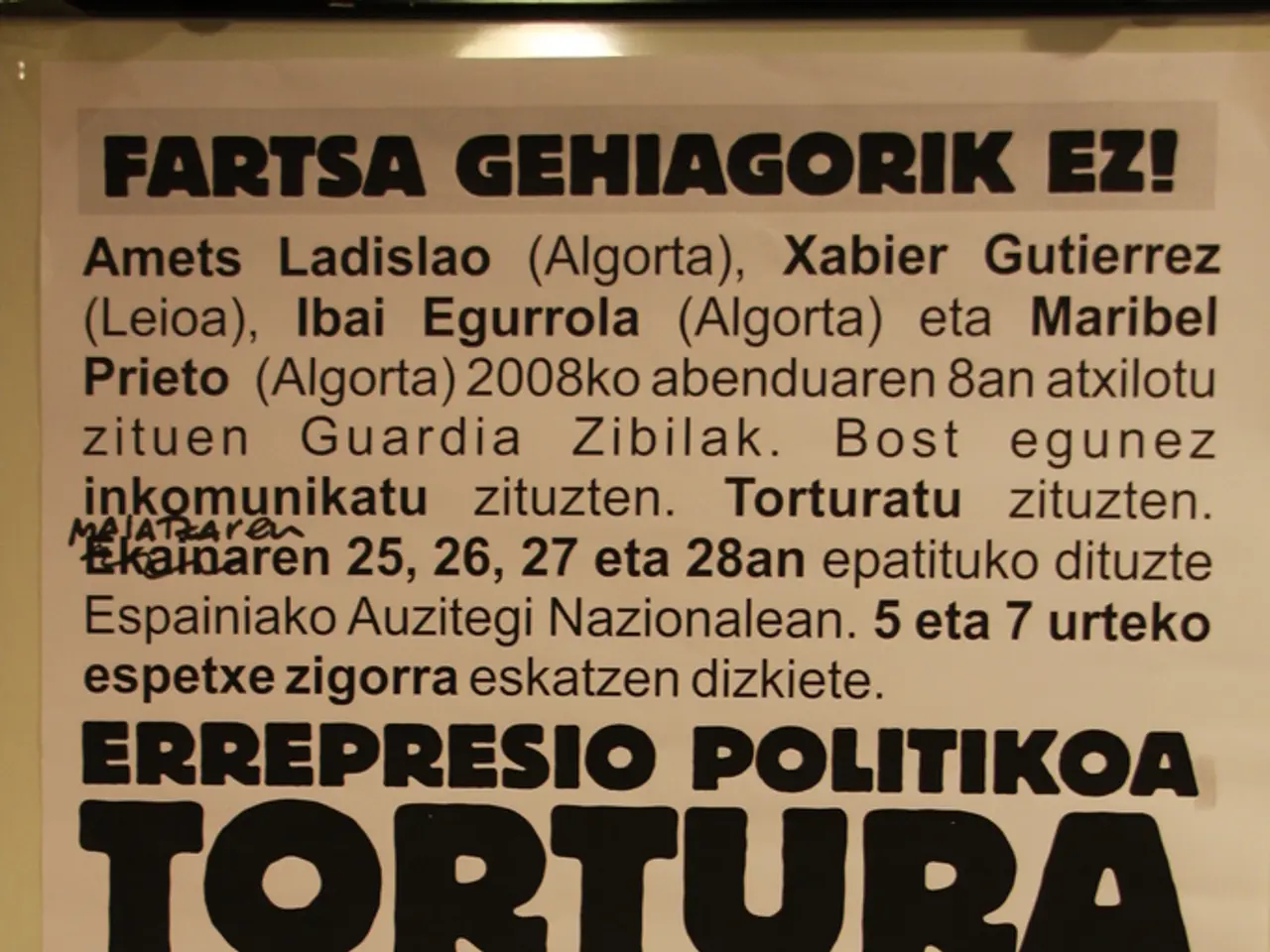Electoral Roll Amendment: Mahua Moitra Asserted Bengal as Potential Focus, Pursued Legal Action
The Election Commission of India's (ECI) Special Intensive Revision (SIR) of electoral rolls, initially launched in Bihar and planned for West Bengal and Delhi, has sparked significant controversy and legal challenges. The main concern revolves around allegations of disenfranchisement of young and marginalised voters.
Critics, including the Association for Democratic Reforms (ADR) and political entities like the Communist Party of India (Marxist), have raised concerns that the SIR exercise may deprive a large segment of the electorate, particularly poor, migrant, Scheduled Castes (SC), and Scheduled Tribes (ST) communities, of their voting rights, as many lack the required documentation to prove eligibility.
ADR has highlighted that over 3 crore voters in Bihar might be excluded due to stringent documentary requirements, leading to significant disenfranchisement. They argue that shifting the onus of proving voter eligibility from the state to the individual voter, especially in a state with high poverty and migration, is problematic.
There are also concerns about the timing of the SIR being too close to elections, potentially disrupting electoral inclusion just before polling.
In response, the ECI has stated that the SIR aims to ensure inclusivity by adding all eligible voters, removing ineligible names, and enhancing transparency and integrity of electoral rolls. The Commission refers to constitutional provisions under Article 326 and legal provisions under Section 16 of the Representation of the People Act (RPA), 1950, which define voter eligibility and disqualifications.
The ECI has emphasised adherence to legal norms and is conducting house-to-house verification through Booth Level Officers (BLOs), inviting participation from political parties and the public to ensure accuracy and fairness.
After Bihar, the ECI plans to conduct similar revisions in West Bengal (last revised in 2002) and New Delhi (last revised in 2008), aiming to complete updates well ahead of upcoming assembly elections, with requirements for documentary proof for voters added after specific cut-off dates.
However, the challenge centers on whether the SIR process violates constitutional principles by imposing onerous documentary requirements on voters, particularly in disadvantaged groups, thereby infringing on their fundamental right to vote. The Supreme Court is being petitioned to review the legality of the SIR directives, focusing on whether the ECI’s actions align with transparent, evidence-based procedures and protect voter rights without bias.
Trinamool Congress MP Mahua Moitra has alleged that the ECI's order for Special Intensive Revision (SIR) of electoral rolls in Bihar is intended to deprive the bonafide young electorate from voting in this year's polling. Moitra and her party have moved the Supreme Court to intervene in the issue and seek a direction to restrain the ECI from issuing similar orders in other states of the country.
Leaders of different opposition parties have voiced concern over the move and asked the ECI not to go ahead with it. Moitra alleges that the ECI's order for the SIR violates several provisions of the Constitution and the RP Act, 1950, including Articles 14, 19(1)(a), 21, 325, 328, and provisions of the Representation of People (RP) Act, 1950 and Registration of Electors (RER) Rules, 1960.
The ECI has claimed that it will scrupulously adhere to the constitutional and legal provisions in carrying out the revision of electoral rolls. The Commission stated that the exercise was necessitated by rapid urbanisation, frequent migration, young citizens becoming eligible to vote, non-reporting of deaths, and inclusion of the names of foreign illegal immigrants.
The controversy continues to unfold as the ECI faces accusations of acting against the interests of young and marginalised voters, with the Supreme Court set to review the legality of the SIR directives.
- Amidst the controversy surrounding the Election Commission of India's (ECI) Special Intensive Revision (SIR) of electoral rolls, political entities like the Communist Party of India (Marxist) andcritics such as the Association for Democratic Reforms (ADR) have raised concerns that the SIR could potentially infringe on the fundamental right to vote of young, poor, migrant, Scheduled Castes (SC), and Scheduled Tribes (ST) communities due to stringent documentation requirements.
- As the Election Commission of India (ECI) faces mounting legal challenges over the SIR exercise, leaders of opposition parties like Trinamool Congress MP Mahua Moitra have argued that the SIR order violates several provisions of the Constitution and the Representation of the People Act, 1950, including Articles 14, 19(1)(a), 21, 325, 328, and provisions of the Representation of People (RP) Act, 1950 and Registration of Electors (RER) Rules, 1960.







